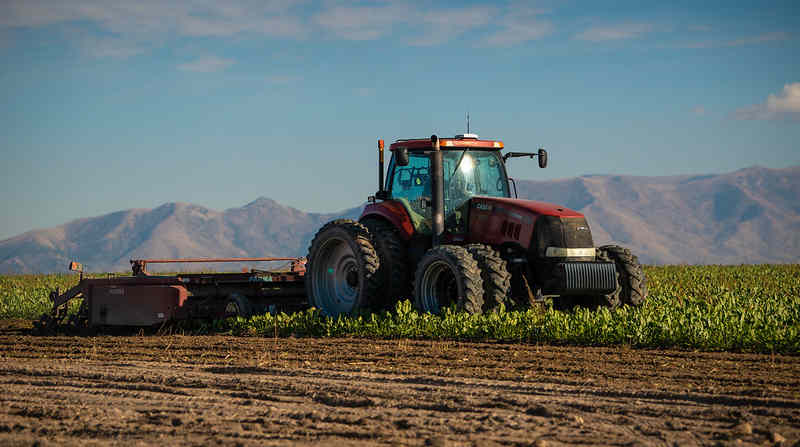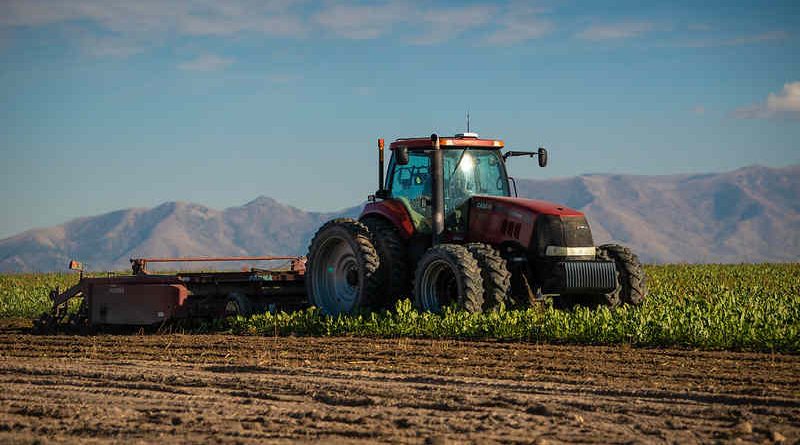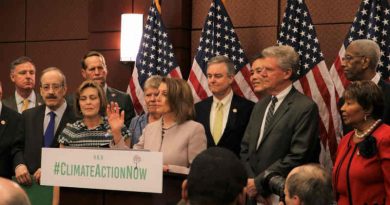USDA Seeks Input on Climate-Smart Agriculture and Forestry Partnership Initiative

The term “climate-smart commodity” is used to refer to an agricultural commodity that is produced using farming practices that reduce greenhouse gas (GHG) emissions or sequester carbon.
As part of its broader efforts on climate change, the U.S. Department of Agriculture (USDA) is requesting information (comments) from the public on a Climate-Smart Agriculture and Forestry Partnership Program.
In response to the Executive Order titled Tackling the Climate Crisis at Home and Abroad, USDA had published a Federal Register notice on March 16, 2021, to request comments on a Climate-Smart Agriculture and Forestry (CSAF) strategy.
Based on public comments received and its ongoing stakeholder engagement activities, USDA published a progress report in May 2021 on the CSAF strategy. As one element of the CSAF strategy, it is considering actions to expand the use of climate-smart farming practices and aid in the marketing of agricultural commodities.
The term “climate-smart commodity” is used to refer to an agricultural commodity that is produced using farming practices that reduce greenhouse gas (GHG) emissions or sequester carbon. This requested information is intended to help test development of a Climate-Smart Agriculture and Forestry Partnership Program that could encourage adoption of CSAF practices and promote markets for climate-smart commodities.
The Climate-Smart Agriculture and Forestry Partnership Program could be developed under the authority of the Commodity Credit Corporation Charter Act of 1933. This document requests comments on priorities and program design of the Climate-Smart Agriculture and Forestry Partnership Program that would facilitate the expansion of markets for agricultural commodities.
USDA will support a set of pilot projects that provide incentives to implement climate-smart conservation practices on working lands and to quantify and monitor the carbon and greenhouse gas benefits associated with those practices.
Stakeholders interested in providing comments may do so on or before November 1, 2021.
💛 Support Independent Journalism
If you find RMN News useful, please consider supporting us.




